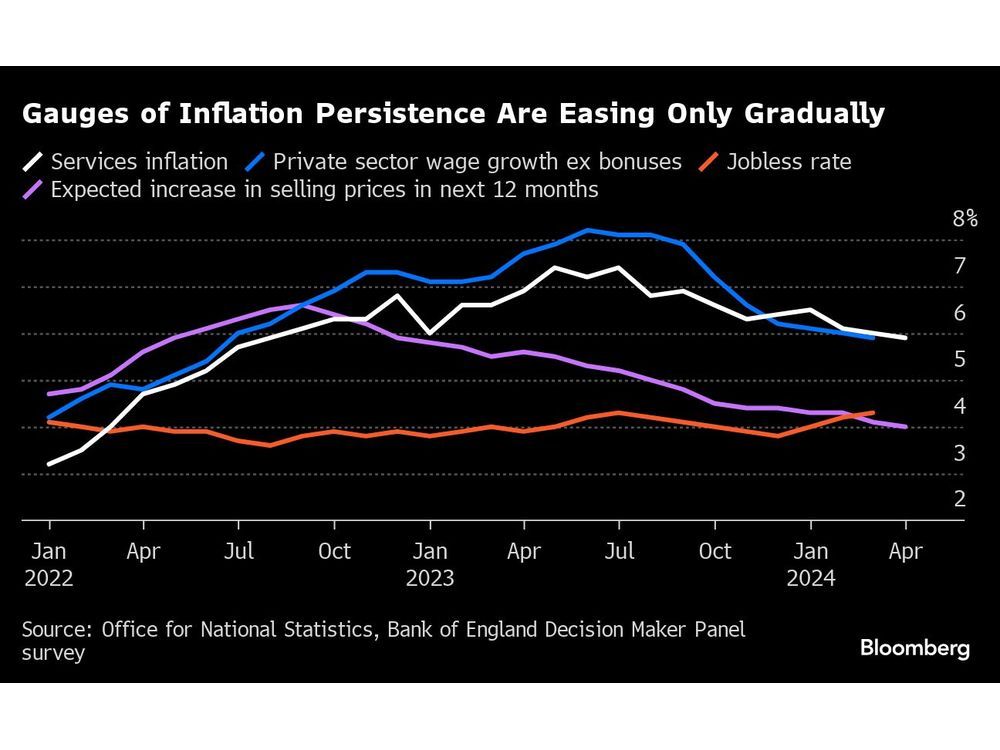Follow us on LinkedIn
A derivative is a financial security that derives its value from an underlying asset or group of assets. In these securities, the underlying asset acts as a benchmark for its value. Derivatives can come as a contract between two or more parties. There are various types of derivatives based on the underlying assets involved. Credit derivatives are one of the types of these instruments.
What are Credit Derivatives?
Credit derivatives are financial contracts that allow participants to minimize their exposure to credit risk. With credit derivatives, participants can separate their credit risk and transfer it to another party. These contracts consist of a privately held, negotiable bilateral contract between two parties in a lender/borrower relationship.
Credit derivatives have a long history. Ever since their inception, they have played a significant role in the field of finance. There are various types of credit derivatives, such as credit default swaps, credit spread forwards, collateralized debt obligations, total return swaps, etc. All of these instruments derive their value from the creditworthiness of the involved parties.
How do Credit Derivatives work?
Credit derivatives are securities that do not have a tangible underlying asset. Instead, they are contracts that allow participants to transfer their credit risk related to another entity. They are prevalent within banks and lenders that use it to remove the default risk from their loan portfolio. In exchange, they pay a fee for it, known as a premium.
With credit derivatives lenders transfer their default or credit risk to a third party. The third-party assumes responsibility for the repayment of the loan and any interest payments. In case the borrowing entity fails to repay their loan, the third party must compensate the lender. However, the third party also charges an annual fee over the life of the loan. In case the borrower does not default, the third-party profits from the premium receipts.
For the lender, credit derivatives can have an additional cost of obtaining finance. However, they get better security with their loans. Either the borrower defaults or repays the loan, the lender will get their compensation through credit derivatives. Nonetheless, with credit derivatives, they have to bear the additional cost of premium payments to the third party.
What are the categories of Credit Derivatives?
There are two categories of credit derivatives. These include unfunded and funded credit derivatives. An unfunded credit derivative represents a contract between two parties in which each party assumes responsibility for making payments under the contract. Unfunded credit derivatives usually come in the form of credit default swaps, total return swaps, constant maturity credit default swaps, etc.
On the other hand, funded credit derivatives represent contracts where the party who assumes the responsibility for the risk makes an initial payment to cover any future defaults or credit events. These are most common with credit-linked notes, synthetic collateralized debt obligations, constant proportion debt obligations, etc.
Conclusion
Credit derivatives are financial contracts that minimize the participants’ exposure to credit risk. With these contracts, participants can separate and transfer their credit risk. The party that assumes the responsibility for the risk gets a premium in exchange. There are two categories of credit derivatives, which include unfunded and unfunded credit derivatives.
Further questions
What's your question? Ask it in the discussion forum
Have an answer to the questions below? Post it here or in the forum





Prime Minister Keir Starmer’s promise to “get Britain building again” will quickly face a shortage of skilled workers in the very industries he’s hoping will power the turnaround.